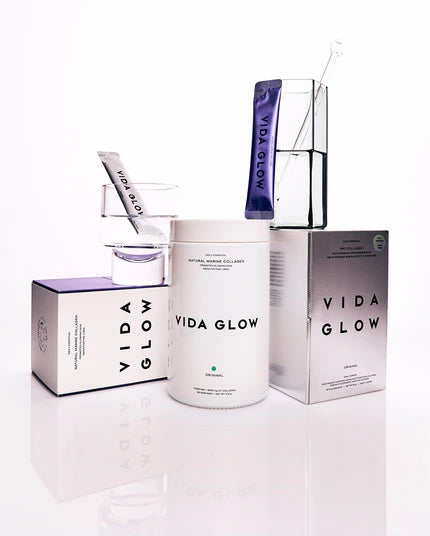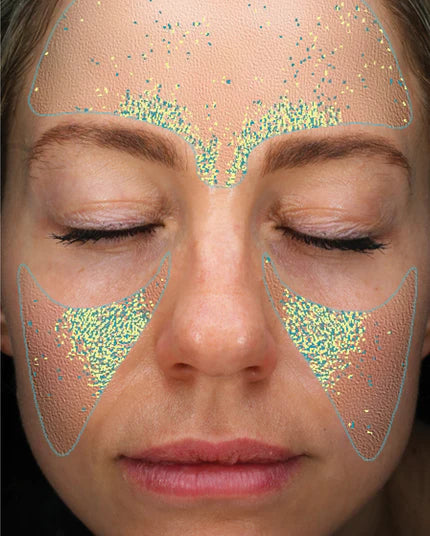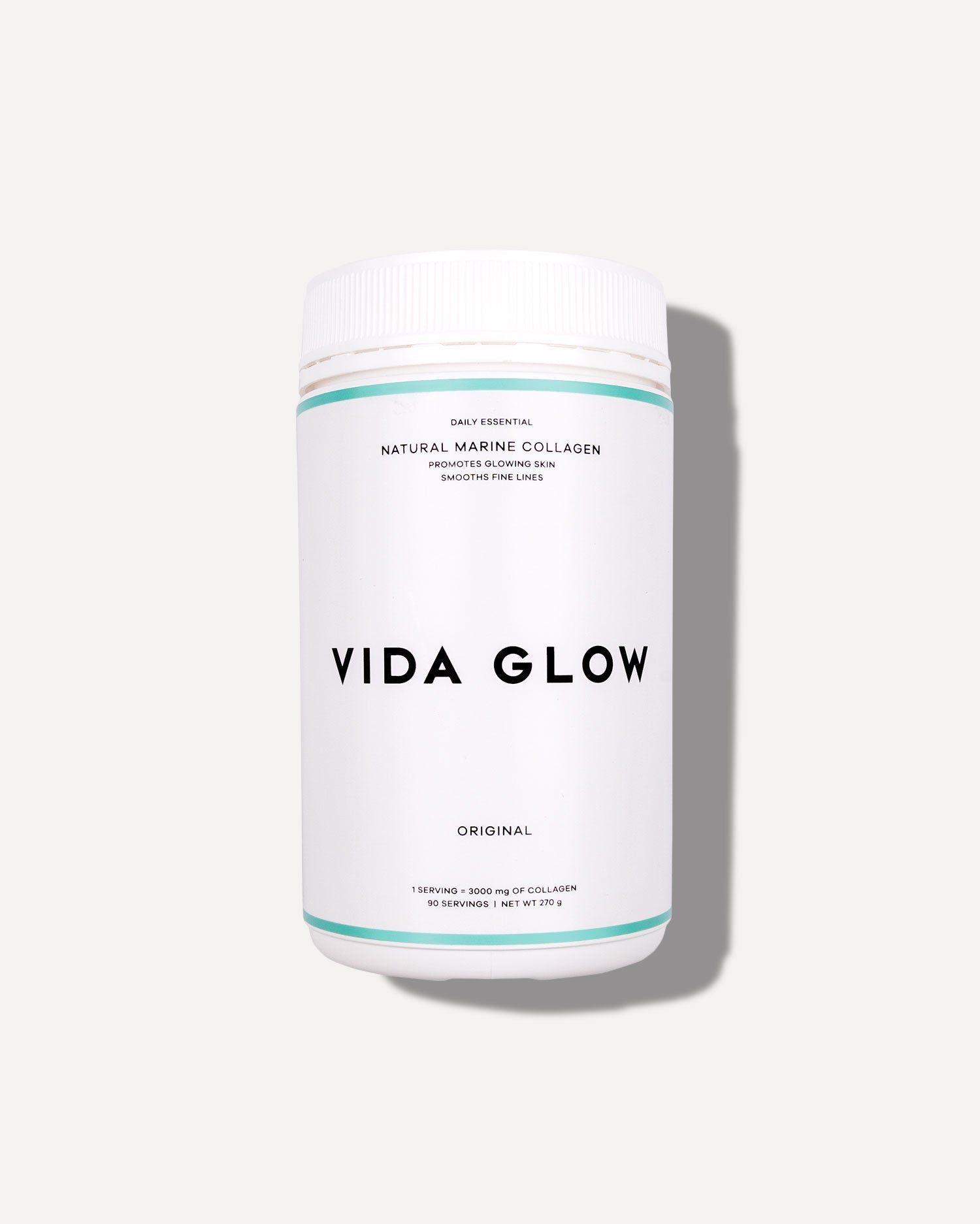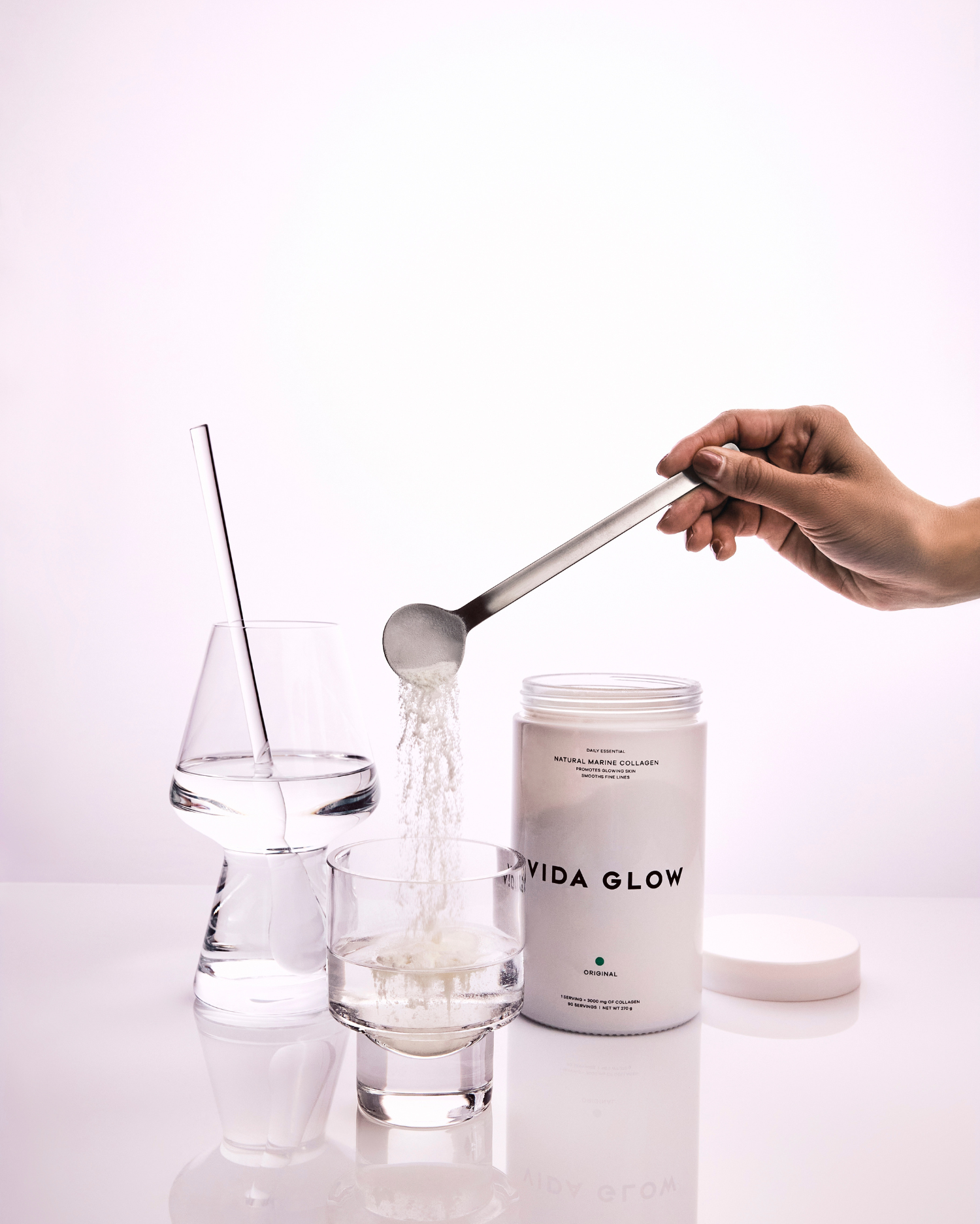Dealing with gut issues can be, let’s face it, a real pain. But the good news is that there are simple steps and lifestyle switches you can make to help heal your gut and restore gut health.
When it comes to overall health, the gut plays a big role. Your gut is home to trillions of bacteria that are responsible for maintaining your digestive system and even influencing your mood and immune system. But perhaps the most common experience people have with compromised gut health is uncomfortable bloating and digestion issues. In this blog post, we'll discuss how to heal your gut plus share tips on how to improve your gut health effectively.
Why Does Gut Health Matter?
Your gut health plays a crucial role in your digestion, and an unhealthy gut can lead to bloating, discomfort, and digestive issues. The bacteria in your gut microbiome help break down food and absorb nutrients. But if they're not functioning correctly, it can cause greater health concerns like irritable bowel syndrome (IBS), inflammatory bowel disease (IBD), and gastrointestinal infections. Additionally, an unhealthy gut can also impact your mood, immune system, and skin health. By maintaining good gut health, you can improve your digestion, reduce bloating and discomfort, and feel better overall.
How to Fix Your Gut Health
Now that you know why gut health is important, let's discuss how to fix gut health with some simple strategies to keep it in balance.
Exercise Regularly
Physical activity can help improve your gut health. Research suggests that moderate to vigorous exercise like running, cycling and resistance training has the potential to increase the diversity of bacteria in the gut. Having a diverse community of bacteria in the gut is important because it allows for more efficient digestion and supports the overall health of the gut. It also helps maintain a healthy balance of bacteria, which can prevent harmful bacteria from taking over.
Adopt a Healthy Diet
If you’re looking to understand how to improve gut health naturally eating a healthy and balanced diet is a great start. A diet rich in fibre, fruits, vegetables, and lean protein can help promote the growth of good bacteria in your gut. On the other hand, a diet high in sugar and processed foods can compromise your gut health by promoting the growth of bad bacteria.
Take Probiotics and Supplements
If you’re wondering how to improve gut microbiome in the most effective way, look to probiotics. Probiotics are beneficial bacteria that live in your gut and can help improve your gut microbiome's health. You can take probiotics in supplement form or through fermented foods like yogurt, kefir, and kimchi.
Probiotic supplements are an effective and convenient way to support a healthy gut microbiome. These beneficial bacteria can help support digestion, reduce bloating, and restore good gut flora. Vida Glow's Gut Pro probiotic supplement is scientifically formulated for women looking to improve their gut health. It contains a combination of powerful probiotic strains, including Lactobacillus plantarum, lactobacillus rhamnosus and lactobacillus reuteri. These strains have been specifically chosen for their ability to promote a healthy gut microbiome. In addition, Gut Pro includes ginger, gentian root, and cranberry, which have been shown to support digestive health and reduce inflammation in the gut. By taking Vida Glow's Gut Pro regularly, you can support a healthy gut and reduce discomfort and bloating.
Manage Your Stress
Stress can have a significant impact on your gut health by altering your gut microbiome, increasing inflammation, and slowing down your digestion. Therefore, it's helpful to manage your stress levels. Try practicing stress management strategies like meditation, deep breathing, and yoga.
Reduce Alcohol Consumption
Alcohol can hinder your gut health by damaging the lining of your gut, altering your gut microbiome, and increasing inflammation. Consider limiting your alcohol consumption with no or low-alcohol drinks that are readily available and, in many cases, taste just like your favourite drop.
Drink Enough Water
Drinking enough water can help keep your digestive system functioning optimally by promoting healthy bowel movements and preventing constipation. To make sure you’re taking in enough water a day, follow this guide: women should have about 2 litres (8 cups) of fluids a day, and men about 2.6 litres (10 cups). Women who are pregnant or breastfeeding need more fluid daily than other women.
Get Enough Sleep
Getting enough sleep is not only required to feel rested and refreshed, but it also plays a role in maintaining good gut health. The relationship between sleep and gut health is rooted in the regulation of hormones and the reduction of stress. When we don't get adequate sleep, our hormone balance can be thrown off, and stress hormone levels, like cortisol, can increase. This can result in intestinal permeability issues, commonly known as leaky gut, which occurs when undigested food particles and toxins are able to pass through the intestinal lining and into the bloodstream. Leaky gut can lead to bloating, inflammation, stomach discomfort, food sensitivities, and changes in the gut microbiome. By prioritising good sleep habits, you can reduce stress, and promote a healthy gut.
Consult a Doctor
As always, if you’re worried about how to fix your gut health or if you're experiencing advanced gut-related issues like painful bloating, constipation, or diarrhoea, it's best to consult your health care practitioner. They can help identify the underlying cause of your symptoms and provide you with an appropriate treatment plan.
Symptoms of poor gut health
While bloating and digestion issues are common symptoms of poor gut health, there are many other signs that your gut might not be functioning optimally. Your gut health can impact many other areas of your body and mood. These are some other symptoms of poor gut health.
-
Trouble sleeping
Poor gut health can cause disruptions in the sleep-wake cycle due to imbalances in the hormone melatonin, which regulates sleep.
-
Tiredness
Chronic fatigue and low energy levels can be a sign of poor gut health, as the gut microbiome plays a role in nutrient absorption and energy production.
-
Upset stomach
Bloating, gas, constipation, and other digestive issues can indicate an imbalance in the gut microbiome and poor gut health.
-
Food cravings
Frequent and intense cravings for sugary or processed foods may indicate an overgrowth of harmful gut bacteria, which thrive on these types of foods.
-
Weight gain or weight loss
Fluctuations in weight, especially sudden weight gain or loss, can be linked to poor gut health as imbalances in the gut microbiome can affect metabolism and nutrient absorption.
-
Skin irritations
Skin issues like acne, eczema, and psoriasis can be linked to poor gut health, as inflammation in the gut can lead to inflammation in the skin.
-
Vaginal health imbalance
Imbalances in the microbiome can increase the risk of bad bacteria traveling to the vaginal area and causing infections and imbalances.
Incorporating lifestyle habits like regular exercise, better sleep and a balanced diet can help to improve your gut health. Additionally, incorporating a probiotic supplement like Vida Glow's Gut Pro is an effective and easy way to promote a healthy gut microbiome. By prioritising gut health and taking action to support it, you can experience the benefits of better digestion, improved immune function, and an overall sense of wellbeing.





















